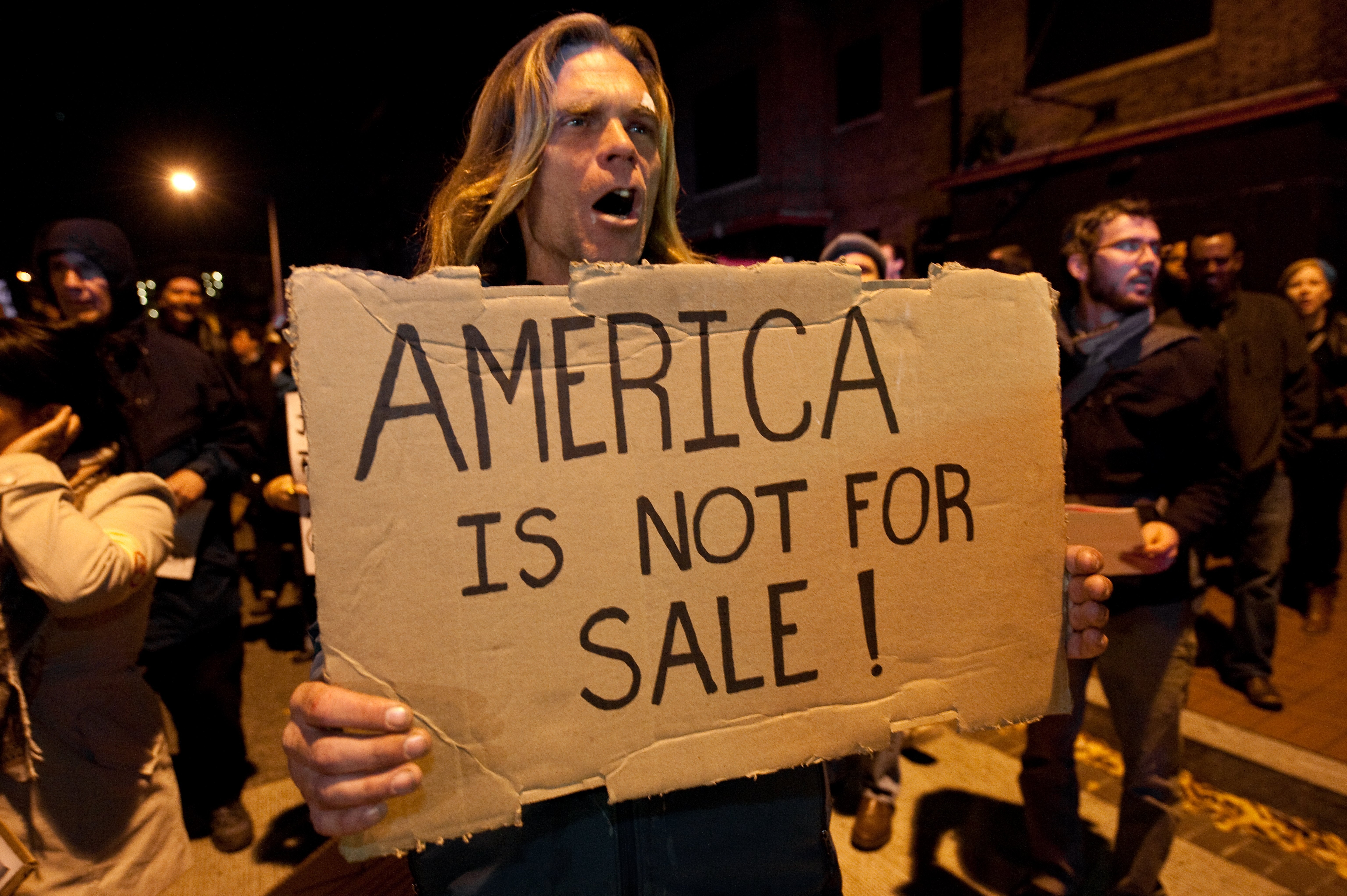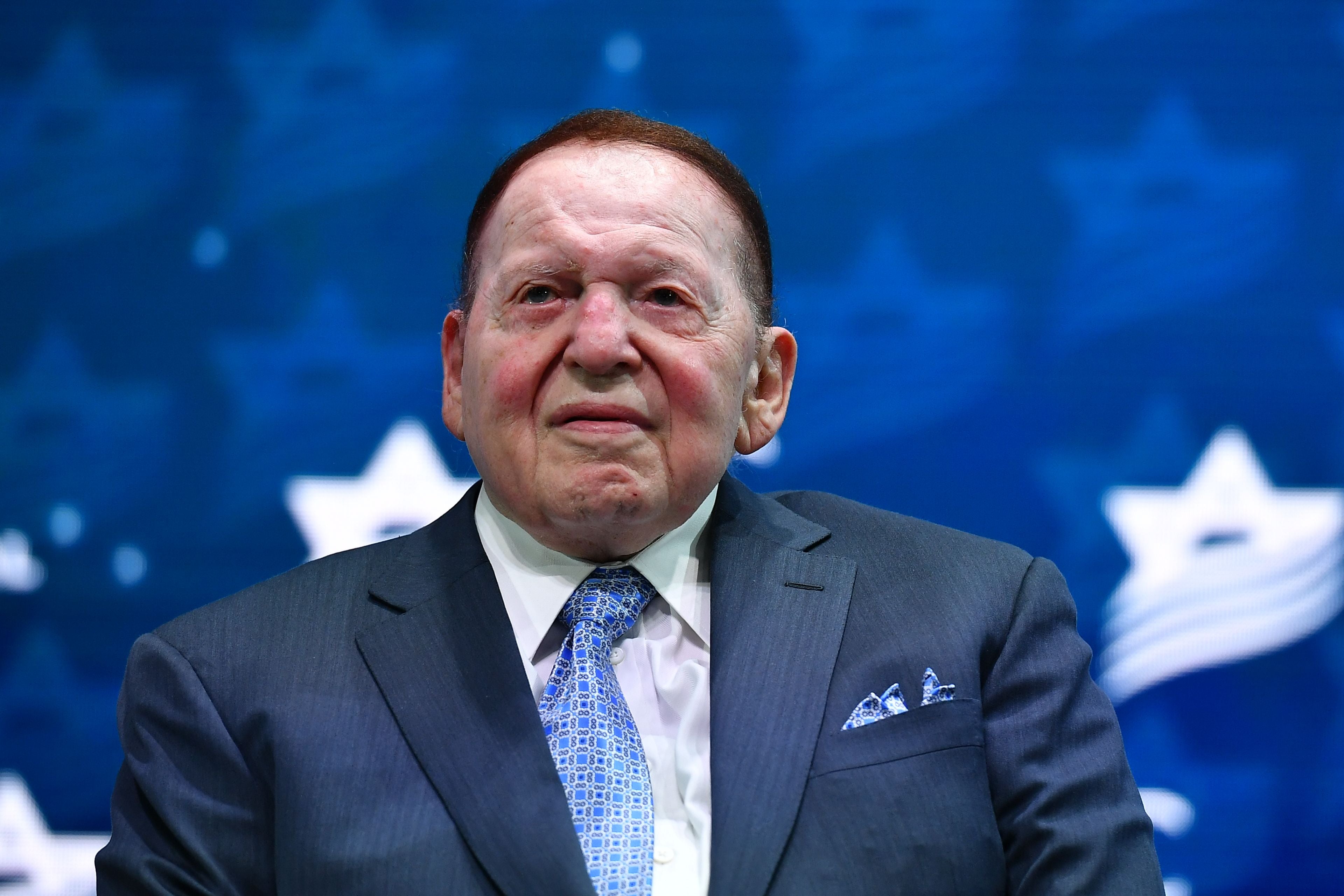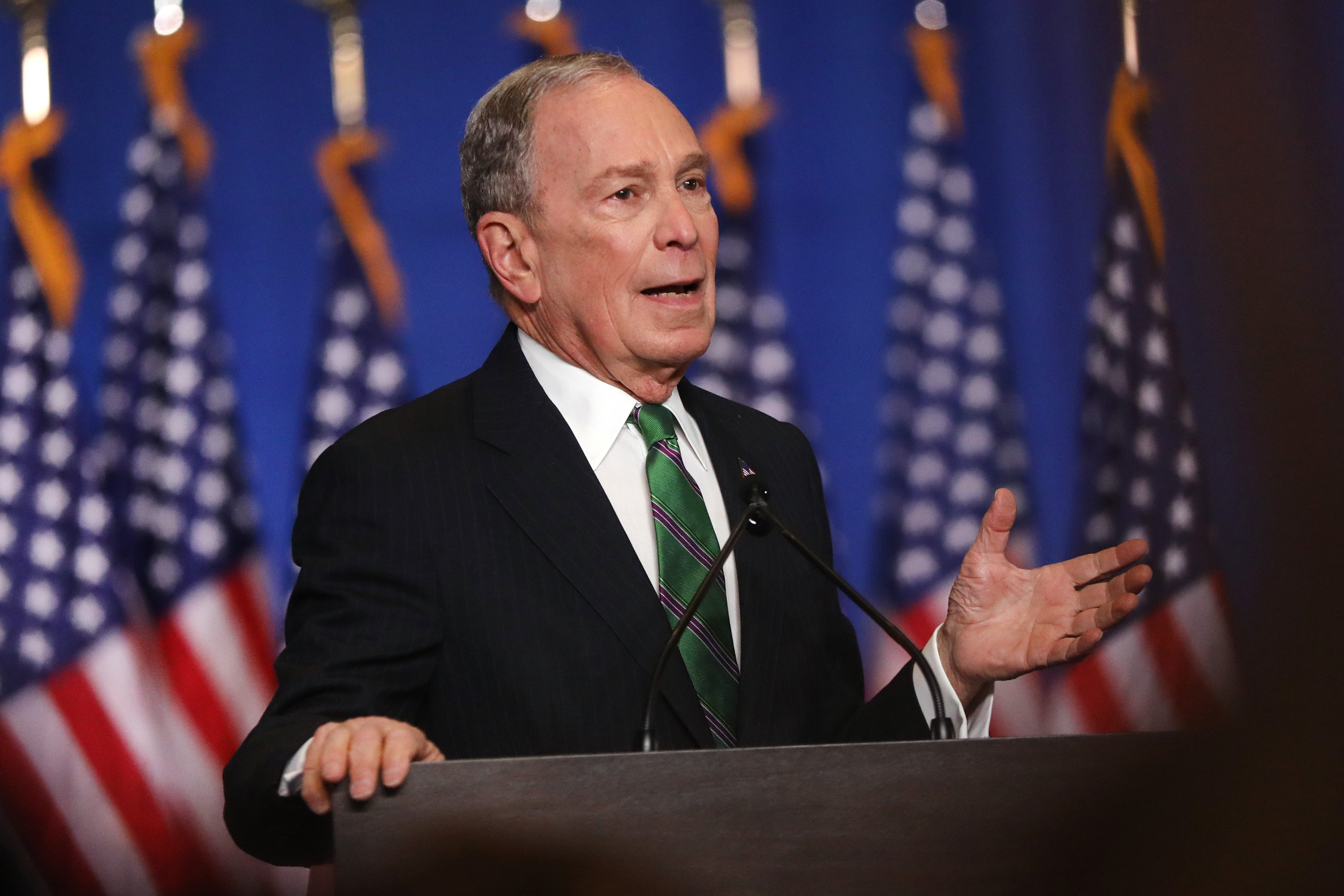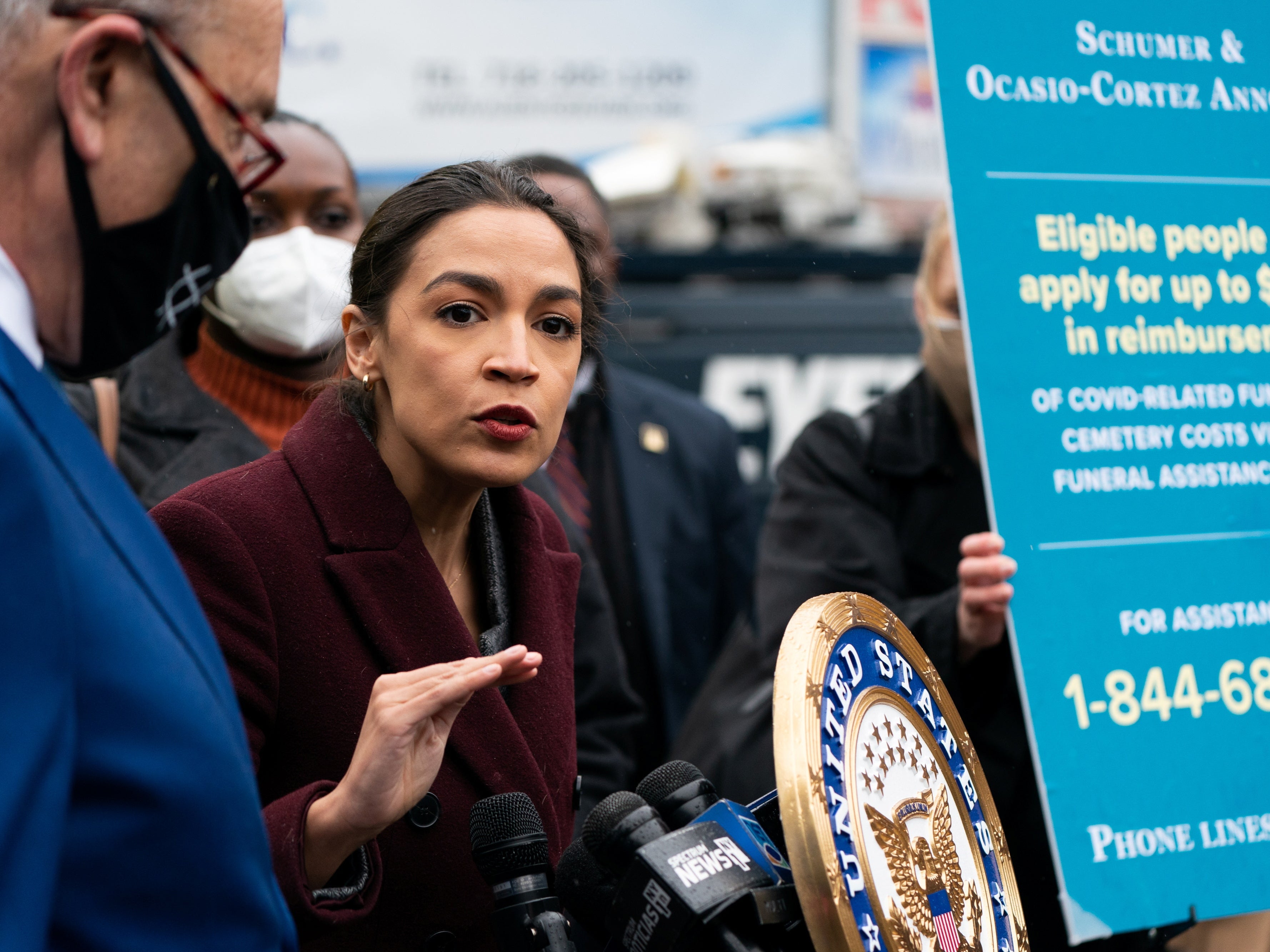‘Get big money out of politics’: Same 12 ‘mega donors’ discovered to be behind billions in US campaigns
Twelve ‘mega donors’ spent 7.5% of all donations to federal campaigns between 2009 and 2020, new analysis of political finance data revealed

Your support helps us to tell the story
From reproductive rights to climate change to Big Tech, The Independent is on the ground when the story is developing. Whether it's investigating the financials of Elon Musk's pro-Trump PAC or producing our latest documentary, 'The A Word', which shines a light on the American women fighting for reproductive rights, we know how important it is to parse out the facts from the messaging.
At such a critical moment in US history, we need reporters on the ground. Your donation allows us to keep sending journalists to speak to both sides of the story.
The Independent is trusted by Americans across the entire political spectrum. And unlike many other quality news outlets, we choose not to lock Americans out of our reporting and analysis with paywalls. We believe quality journalism should be available to everyone, paid for by those who can afford it.
Your support makes all the difference.The same 12 “mega donors” were behind $3.4billion given to US political candidates or parties in the last 10 years, an investigation has found.
The group, who are split fairly evenly between Democrats and Republicans and who have at least eight billionaires amongst them, include the late Las Vegas casino mogul Sheldon Adelson and former New York mayor Mike Bloomberg.
Together they are responsible for 7.5% of the total $45billion donated to federal campaigns between January 2009 and December 2020, according to an analysis of campaign finance data.
This would mean that in a country with more than 320million people, a dozen individuals donated $1 out of every $13 spent.
The group who compiled the report, the Washington-based political reform group Issue One, relied on data from the nonpartisan research group Center for Responsive Politics. Issue One urged Congress to “urgently act to restrain growing influence of money in our politics”, as reported by ABC News.

Meredith McGehee, executive director of Issue One, wrote in the report: “Americans are losing faith in our democratic institutions. They see political gridlock and a broken campaign finance system that gives undue influence to billionaires and millionaires across the political spectrum, while the vast majority of ordinary citizens lack a seat at the table.”
She added: “Congress must urgently act to restrain the growing influence of money in our politics and build a system that truly represents all Americans, not just the wealthy few.”
Amongst the biggest donors were the late Republican casino mogul, Sheldon Adelson, who donated more than $218 million to Republican campaigns and outside groups during the 2020 election.
The 87-year-old, who died in January this year with an estimated net worth of $26.8billion, donated $90million to a pro-Trump super PAC, called Preserve America.
Super PACs, independent political committees involved in fundraising for campaigns, can accept unlimited donations, unlike campaigns.
The biggest overall donor was the self-funding of Michael Bloomberg, founder of Bloomberg LP, who spent around $1billion of his own money on his unsuccessful bid for the Democratic presidential nomination, as well as an additional $4million from hedge fund manager Tom Steyer.

The remaining $2billion is split between single individuals and married couples, including Democratic donors Dustin Moskovitz, a co-founder of Facebook, the Illinois-based media mogul Fred Eychaner, Donald Sussman, a New York-based financier; and the mathematician and hedge fund manager Jim Simons, according to the report.
Amongst Republican mega donors were Richard Uihlein, a shipping industry executive; hedge fund manager Ken Griffin; Pan Am Systems Chairman Timothy Mellon; former TD Ameritrade CEO and Chicago Cubs co-owner Joe Ricketts; and hedge fund manager Paul Singer, the report said.
The news will likely revive the debate about the value of grassroots funding from individuals, as touted by candidates like unsuccessful Democratic nominee, senator Bernie Sanders, who claimed that the average single contribution to his campaign was $27.
Over the years he was in office, Mr Trump was frequently accused of rewarding big donors with jobs and access.
But despite the Biden campaign trumpeting the value of small donors, The New York Times reported in October last year that the Democrats raised nearly $200million in the previous six months from donors who gave more than $100,000.
Tyson Brody, a former researcher for Mr Sanders, told the Times: “Joe Biden says this is ‘Scranton versus Park Avenue’ but then he’s raising hundreds of millions of dollars from the Park Avenue types.”

In October last year, US Rep Alexandria Ocasio-Cortez was one of several politicians who signed an open letter warning Biden ahead of the election not to appoint corporate lobbyists who had donated to his campaign to important positions should he win, after running a campaign against the “corruption” in the Trump administration.
In the letter they wrote: “Just imagine explaining to the American people why those names, with those affiliations, are unacceptable, but similar names with similar-sounding affiliations are not only unobjectionable, but necessary to the proper functioning of the federal government. The revolving door needs to stop, not just change direction every few years.”
At the time TJ Ducklo, a spokesman for Mr Biden, said in response to questions about big donors: “Joe Biden is running against the most corrupt and dishonest president in our history, and has done so while maintaining a standard of transparency and integrity that is far above how his opponent has conducted himself this campaign.”


Join our commenting forum
Join thought-provoking conversations, follow other Independent readers and see their replies
Comments